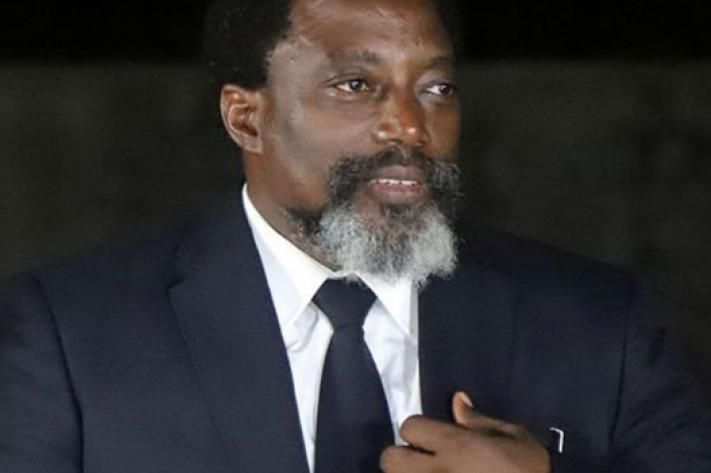
Kabila to Return to DRC amid increased tensions
Former President of the Democratic Republic of Congo, Joseph Kabila has declared his intention to return to the Democratic Republic of Congo (DRC) after six years of silence and self-imposed exile. This move is poised to significantly alter the country’s already precarious political landscape.
Kabila made the announcement via a statement on X (formerly Twitter), stating, “I’m going home. After six years of silence and a year of exile, I have resolved to return to the Democratic Republic of Congo without delay. I will enter from the eastern part of our territory. The country’s situation demands it. It is time to participate, with determination, in the search for real solutions.”
His return comes at a critical moment as the DRC faces heightened political tensions and insecurity especially in the eastern regions where armed groups continue to pose serious challenges to stability. Kabila, who ruled from 2001 to 2019 before handing power to current President Félix Tshisekedi has remained an influential yet enigmatic figure in Congolese politics.
Relations between Kabila and Tshisekedi have become increasingly fraught with Kabila accusing the current administration of corruption, human rights violations and electoral manipulation. Tshisekedi, in turn has suggested that Kabila acts as the “invisible hand” behind ongoing rebel activities including alleged support for the M23 movement, notorious for its brutal attacks in North Kivu and Ituri provinces.
Kabila’s plan to enter the DRC through its eastern territories carries significant implications. It is viewed as not only symbolic but provocative given the region’s volatility and Kabila’s supposed connections with local armed groups. Analysts are concerned that his return could exacerbate tensions between opposing political factions and reignite suspicions regarding his motives.
“This is not just a homecoming. It’s a political statement,” remarked a political analyst in Kinshasa. “Kabila is positioning himself as a national savior at a time when confidence in Tshisekedi’s leadership is faltering.”
The announcement has sent shockwaves through Congolese politics raising questions about the balance of power as the nation approaches its next electoral cycle. Whether Kabila’s return signals the dawn of a new political chapter or the intensification of an already volatile situation remains uncertain.
While the Congolese government has yet to respond formally to Kabila’s announcement, insider sources indicate that security forces are on high alert in anticipation of potential unrest.
Meanwhile, Kabila’s supporters have begun mobilizing across various regions, advocating for his “restoration” to leadership. As the situation unfolds, all eyes will be on how this unexpected return will impact the DRC’s future.
